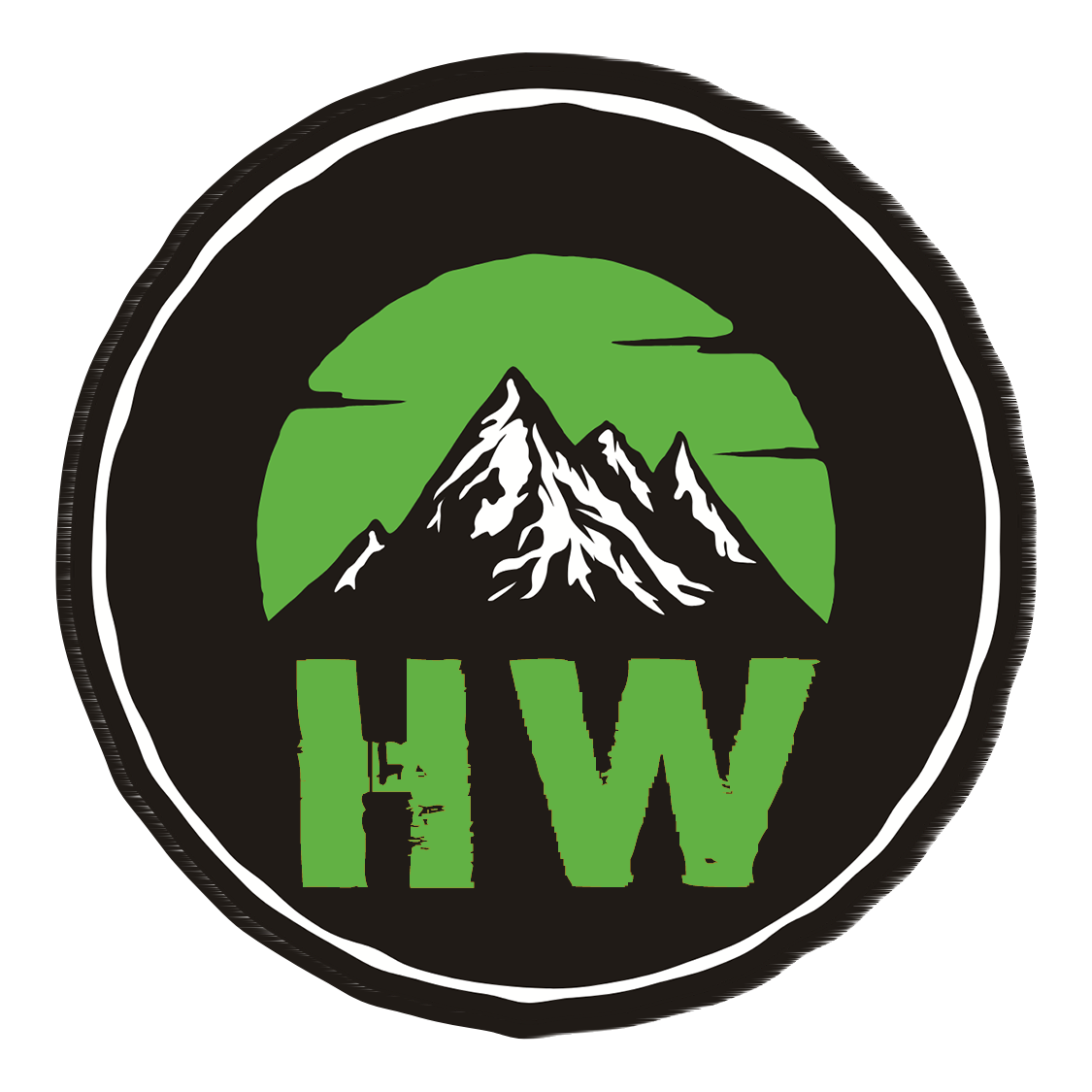How to Go Hunting a Lot and Not Get Fired
In the pixelated glow of morning emails, my mind often wanders to the crisp air of the backcountry, where the only deadlines are sunset and the end of hunting season. But let's face it, getting time to put boots on the ground outdoors with a 9-to-5 can feel like trying to draw a non-resident elk tag on your first try—hopeful but daunting.
Like many people, my day-to-day revolves around Zoom meetings, emails, staff check-ins and all of the usual contemporary professional tasks. While I have worked in the “outdoor” industry for the majority of my career, its very rarely, if ever, been the kind of thing where I get paid to be outdoors doing the thing we work on.
Yet, here I am, managing to spend many days in the wilderness each fall without my desk collecting a few cobwebs over that time, and more importantly, without getting a pink slip. How? It’s all about strategy, folks. Here are four tips to help you hit the trails without hitting the job market.
1. Master the Art of "Prep Work"
Remember that time you realized your hunting boots were still caked in last season's mud the night before opening day? The panic isn't dissimilar to remembering you have a report due when you're halfway to your hunting spot. The solution? Prep work. Just as you'd prep your gear, prep your work tasks. Start projects early, break them down into manageable chunks, and tackle them systematically. This doesn’t mean turning into a workaholic; it means becoming the kind of person who has their ducks (or deer) in a row, both in and out of the office.
Pro tip: Use quieter times to get ahead. That way, when hunting season rolls around, you're not buried under a mountain of tasks, and taking a few days off won’t set you or your team back.
2. Embrace the "Off-Season"
Hunting season and the busiest parts of the fiscal year don't always align, and thank goodness for that. Use your off-season wisely by putting in extra hours or taking on additional projects. Showing your commitment and hard work during the slower times can fill your reservoir of goodwill. Then, when you ask for time off during peak hunting season, your boss might be more inclined to remember your off-season dedication and less likely to begrudge your time in the wilderness.
Pro tip: Keep a record of your extra efforts and remind your superiors when requesting time off. It's not boasting; it's illustrating your commitment to balancing work and personal passions responsibly.
3. Hunt Closer to Home (and/or the Office)
It’s well worth considering cutting down on as much travel time as possible for your outdoor adventures to spend more time doing what you are passionate about, or catching up on the things that need to be done. For instance, if you can develop a plan to hunt 30 minutes from home instead of an hour and a half from home, you can save precious 14 hours in one week that you are not away from work, the family, or other responsibilities you might have.
Pro tip: If you live and work an inherently long ways away from where you’re hunting (like an elk hunter from Pennsylvania) do not drive through states with hunting opportunity to get to other ones. For instance, save yourself the extra day’s drive and try to elk hunt eastern Wyoming instead of central Idaho, even if it takes a little more research. It will save you whole days of vacation on either end of your trip. You’re welcome.
4. Sharing the Bounty When You Return
Nothing builds bridges quite like the universal language of food. Sharing meat from your hunt with colleagues is a great way to drive home the point that your hunting obsession is not all about a selfish ego-boosting outdoor challenge. A well-timed delivery of homemade venison jerky can soften even the hardest hearts in HR.
Pro tip: If you work in a big operation, don't just share with your immediate team. Drop a package off at the desks of decision-makers too. It's a gesture that won't be forgotten, especially when you next apply for leave.
Balancing a job with hunting isn’t about choosing one over the other; it’s about integrating both into your life. With some strategic planning, clear communication, and a bit of charm, you can make the most of the season without sacrificing your career. After all, the skills that make you a great hunter—patience, preparation, and persistence—are the same ones that can make you invaluable at work. So, here's to those of us who type with calloused hands and dream of alpine sunrises from our cubicles. May your inbox be manageable and your freezer full.

